This monograph brings together essays on the marginal and elite social groups from early medieval times to the colonial period. It looks at tribal and agro-pastoral groups in Gujarat and Rajasthan such as the Bhils, Meenas and Bishnois in interactions with rural societies and their participation in the processes of state formation; their changing identities and self-perceptions, control of natural resources, environmental changes in the context of forests, agricultural expansion and water resources. Tribe-societal-state interactions meant long drawn-out negotiations involving alliances and conflicts leading to gradual marginalization of tribal groups as limited ‘peasantization’ and ‘integration’ went on. As a result, marginal communities reconstructed identities, made shifts in self-perceptions through adaptations from the Rajput/Brahmanical world and contested histories with ruling elite in the late medieval and early colonial times. The case studies of Southern Rajasthan reveal that construction of water works in Jaisalmer area and control over environmental resources helped rural and ruling elite in maintaining a distinction for themselves in both early and late medieval times. On the other hand, common folk of the Thar desert, the Bishnoi agro-pastoralists carved out a special niche for themselves as ‘Conservationists’ by preaching a popular religion and socio-economic ethos of preserving the natural resources in an ecology of ‘uncertainty’.
Reconstructing Identities: Tribes, Agro-Pastoralists and Environment in Western India (Seventh-Twentieth Centuries)
In stock
Free & Quick Delivery Worldwide
reviews
Bibliographic information
Title
Reconstructing Identities: Tribes, Agro-Pastoralists and Environment in Western India (Seventh-Twentieth Centuries)
Author
Edition
1st ed.
Publisher
ISBN
8173047693
Length
202p.
Subjects

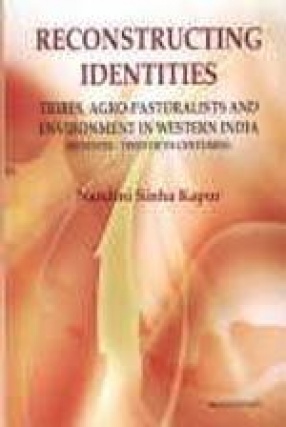
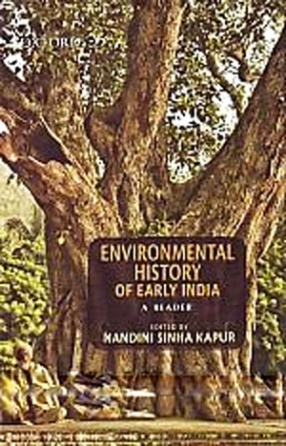
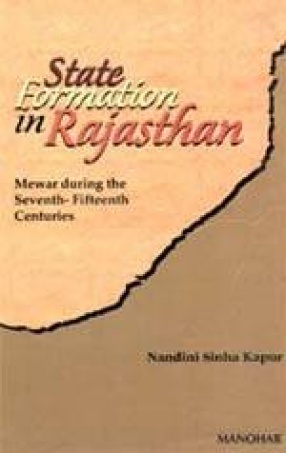
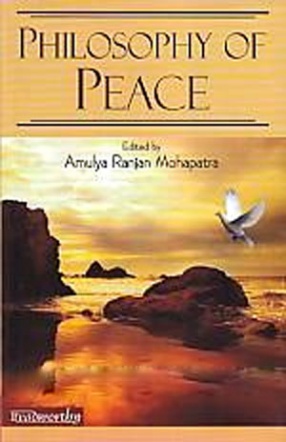

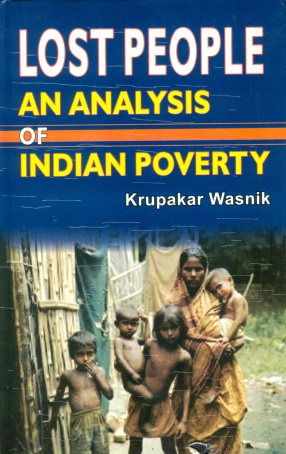
There are no reviews yet.